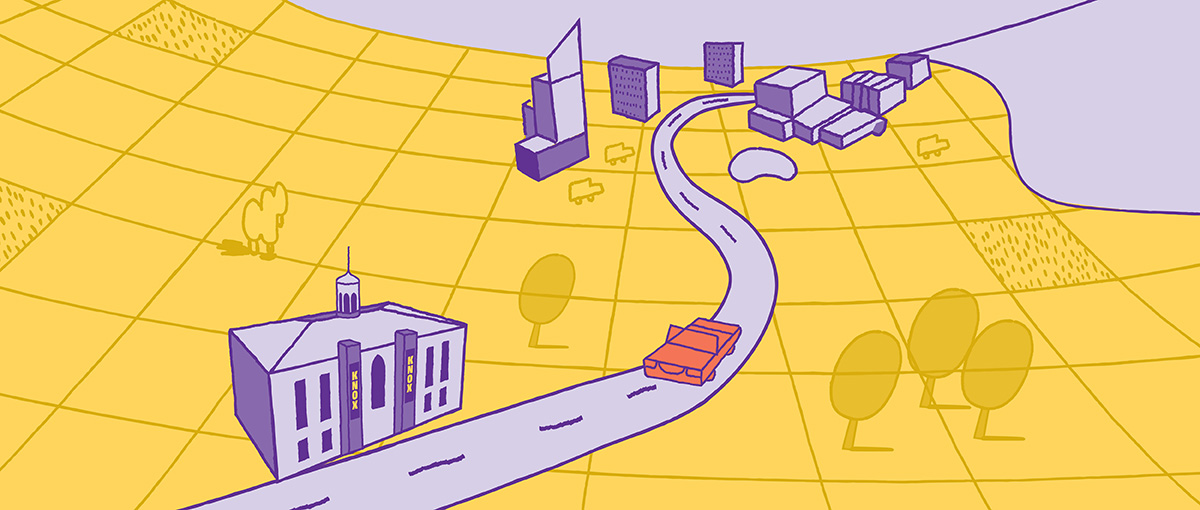

Professor of English Publishes Book of Poetry
In professor of English Natania Rosenfeld's new book of poetry, Wild Domestic, she pays tribute to the people and art that have moved and shaped her.
"The book was so long in the making that I have to say what inspired me is what inspires me to write poetry, period," says Rosenfeld, who spent years searching for a publisher. "Which is what I suppose inspires any artist or writer: the need to express strong feelings and reactions in a way that feels beautiful and right."
In Wild Domestic, Rosenfeld reflects on her Jewish heritage, her childhood in a small Midwestern town and post-war Germany, and her love of visual art and music.
Rosenfeld's writing is also influenced by her analytical work as a professor of English literature. She believes that cultivating both analytical and creative intelligence is essential for every artist.
"During the term, I hardly write," says Rosenfeld. "But I find teaching intensely inspiring, even exciting. Many of my personal essays refer to the classroom, where my students move and amuse me every day. And I want my students to see me as a practitioner, too. Sort of like the mother -- am I really saying this? -- who needs her children to know she has her own life, too, separate from them."
Rosenfeld uses her time away from the classroom to focus on writing. She refers to the classroom as the ‘domestic' and her writing as ‘wild,' contradictions that are at play in her poetry as well. "The writing allows me to be that bit more wild and patient in the classroom," she says.
Rosenfeld's work has been supported by funding from the dean, the Mellon Foundation via Knox, and the Committee on Faculty Research. This has allowed her to travel, stay at writers' residencies, and look at the art that fuels her work. "That's been an enormous boon," says Rosenfeld, "and I'm grateful for it."
Currently, Rosenfeld has completed manuscripts of poetry, nonfiction, and fiction. She's also at work on a third poetry manuscript and a nonfiction, hybrid-genre book entitled Scribbling Jewesses.
Published on April 30, 2015

